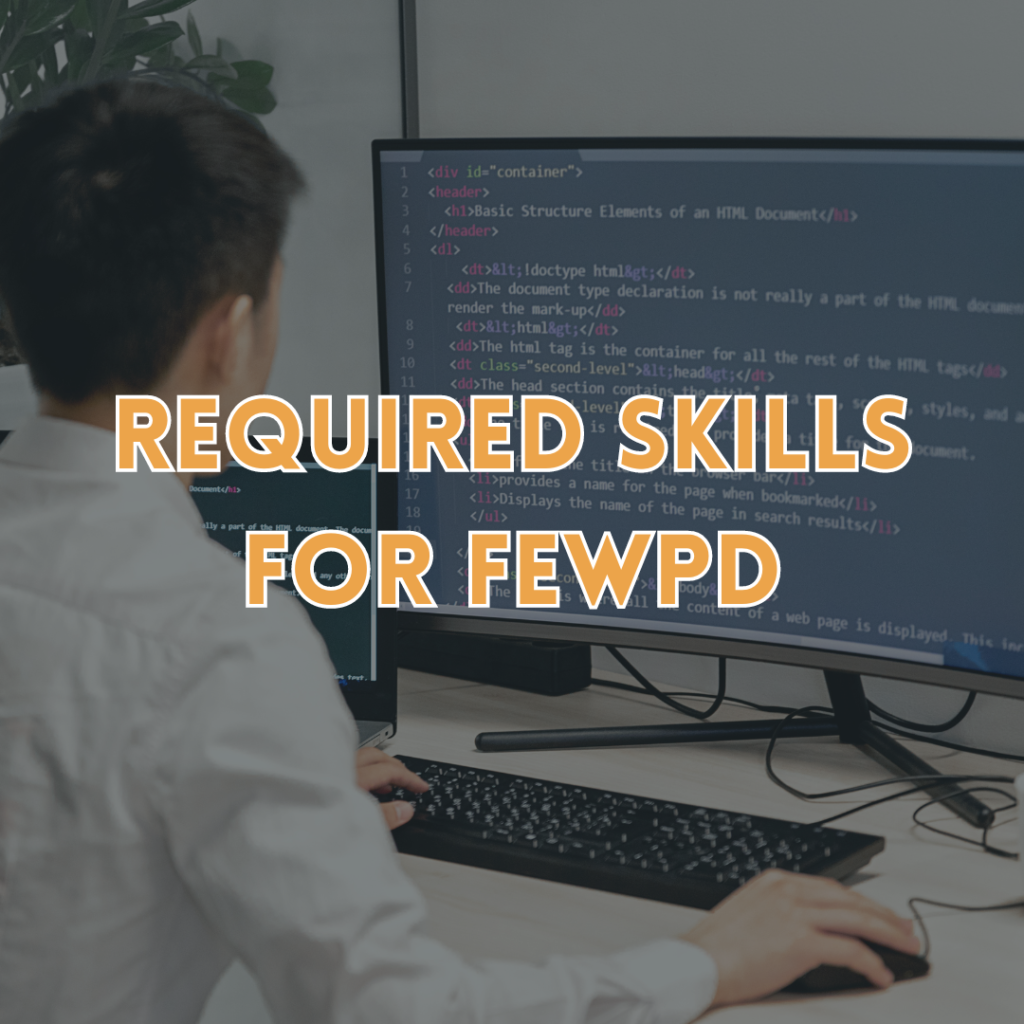NEW POPE LEO XIV On May 8, 2025, the Catholic Church elected its 267th pope:…

A Front-End WordPress Developer is a specialized web developer focused on building and customizing the front-end, or user-facing part, of websites using WordPress, the popular content management system (CMS). Here are some key aspects of the role:
Key Responsibilities
Theme Development and Customization:
- Creating custom WordPress themes from scratch based on design mockups.
- Modifying existing themes to meet client specifications and branding requirements.
HTML, CSS, and JavaScript:
- Utilizing HTML to structure web pages.
- Applying CSS for styling and layout.
- Using JavaScript to add interactivity and dynamic elements to websites.
Responsive Design:
- Ensuring websites are fully responsive and function well on a variety of devices and screen sizes.
- Implementing media queries and other techniques to achieve mobile-friendly designs.
UI/UX Implementation:
- Translating UI/UX designs into functional and visually appealing web pages.
- Focusing on user experience to ensure easy navigation and accessibility.
Plugin Integration and Customization:
- Integrating and configuring WordPress plugins to add functionality to websites.
- Customizing plugins as needed to fit specific requirements.
Performance Optimization:
- Optimizing websites for speed and performance.
- Implementing best practices for fast loading times and efficient resource usage.
Cross-Browser Compatibility:
- Ensuring websites function consistently across different web browsers.
- Addressing any browser-specific issues.
Version Control:
- Using version control systems like Git to manage code changes and collaborate with other developers.
Required Skills
- Proficiency in WordPress: In-depth knowledge of the WordPress CMS, including its architecture, themes, and plugins.
- HTML/CSS: Strong skills in HTML and CSS for structuring and styling web content.
- JavaScript: Proficiency in JavaScript to enhance interactivity and functionality.
- PHP: Basic understanding of PHP, the server-side language WordPress is built on, for minor backend adjustments.
- Design Tools: Familiarity with design tools like Adobe Photoshop, Sketch, or Figma to translate designs into code.
- Responsive Design: Ability to create responsive layouts that work well on all devices.
Ideal Traits
- Attention to Detail: Ensuring pixel-perfect implementation of designs.
- Problem-Solving Skills: Ability to troubleshoot and resolve front-end issues.
- Creative Vision: Bringing innovative design ideas to life.
- Collaboration: Working effectively with designers, backend developers, and other stakeholders.
By focusing on these areas, a Front-End WordPress Developer ensures that websites are not only visually appealing but also functional, user-friendly, and optimized for performance.
Related Posts
Understanding the Philippine Government’s Tax Law for Digital Businesses
- vp-jenaii
- May 8, 2025
- 2 min
- 0
Navigating the New Digital Economy Taxation Landscape As the digital economy continues to flourish in…
WordPress and Automattic: Empowering the Web
- vp-jenaii
- October 7, 2024
- 5 min
- 0
WordPress and Automattic: Empowering the Web Introduction In today’s digital age, having an online presence…


